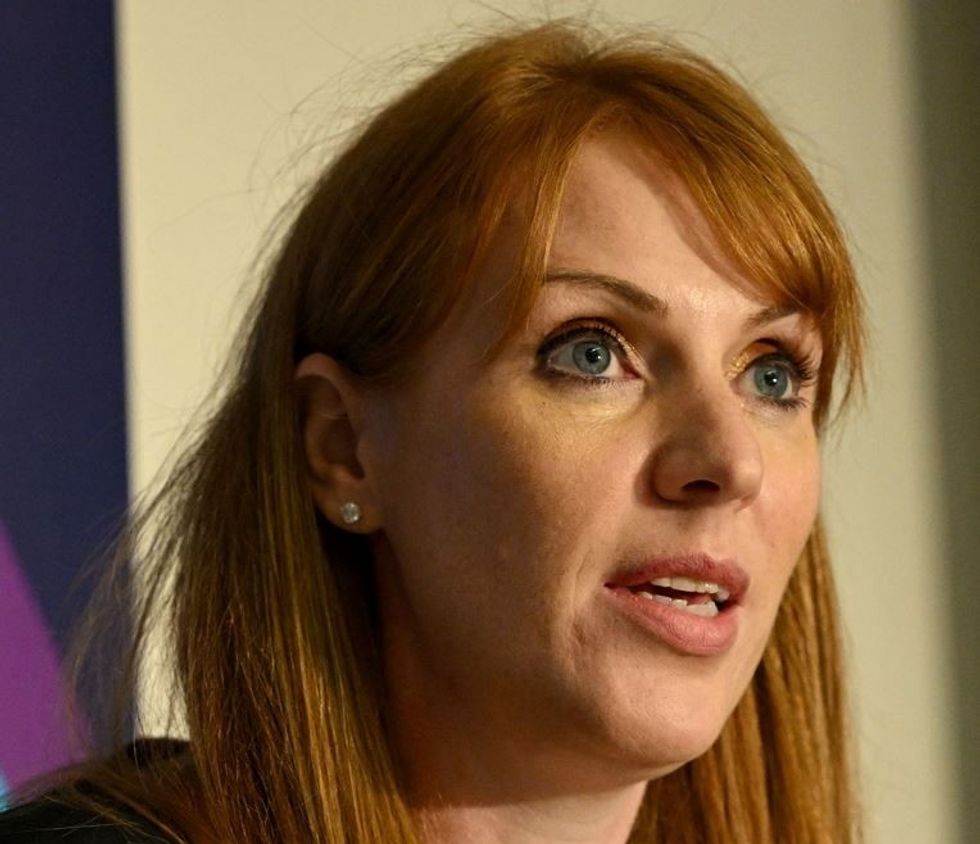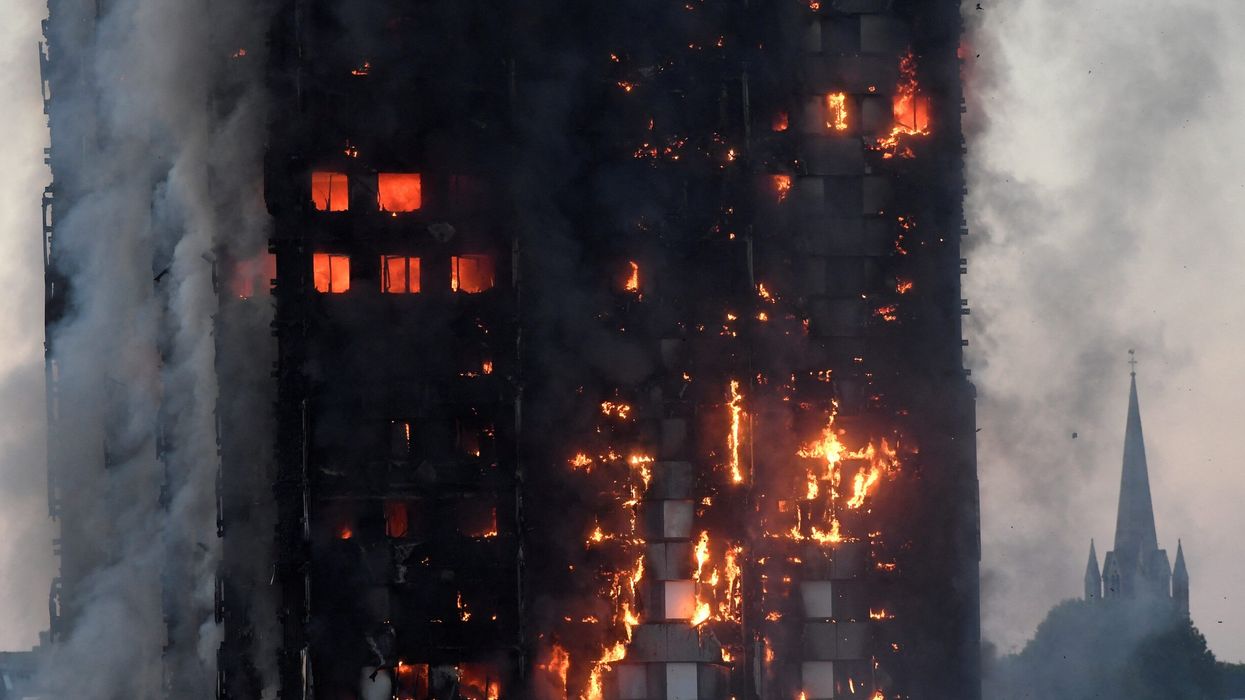LONDON's Grenfell Tower -- scene of Britain's worst residential fire since World War II -- is set to be demolished seven years after 72 people died in a blaze there, survivors and families of victims said.
Housing secretary and deputy prime minister Angela Rayner "announced her decision about Grenfell Tower to a room full of survivors and next of kin", Grenfell Next of Kin, which represents some families, said in a statement on X.
The decision comes more than seven years after an inferno destroyed the 24-storey block in west London, with the fire, which started in a faulty freezer, spreading rapidly due to highly combustible cladding fixed to the building's exterior.
Rayner will communicate "her decision on the future of the Grenfell Tower" to the bereaved and survivors before making an official announcement, a spokesperson for the housing ministry said.
"This is a deeply personal matter for all those affected, and the deputy prime minister is committed to keeping their voice at the heart of this."
Grenfell United, which represents some of the survivors and families, slammed the decision as "disgraceful" and said victims were ignored by the "short" consultation.

"The meeting showed just how upset bereaved and survivors are about not having their views heard or considered in this decision," Grenfell United said on X. "Ignoring the voices of the bereaved on the future of our loved one's gravesite is disgraceful and unforgivable."
However, Grenfell Next of Kin said it was a "sensitive decision" which "came after a thorough engagement process" and was informed by "safety concerns" surrounding the structural integrity of the scaffolded remains of the building.
Emma O'Connor, a survivor of the blaze, warned the demolition could put the disaster "out of sight and mind".
"To me, it just seems like if it's out of sight, it's definitely out of mind for the people that are actually responsible for the lack of respect to human beings," O'Connor told BBC radio.
"We understand that it's unsafe, but if it's out of sight it will definitely be out of mind."
An inquiry report last year found the 72 deaths were "all avoidable" and blamed the "systematic dishonesty" of building firms.
Since the inquiry and report, which also revealed decades-long government and regulatory failures, victims groups have criticised the government for failing to implement fire safety recommendations swiftly enough.
Families have also condemned the delay in bringing criminal charges against those blamed for the disaster in the inquiry.
The housing ministry spokesperson could not confirm to AFP any details of the decision or when it might be announced, after reports that it could come on Friday (7).
(AFP)

